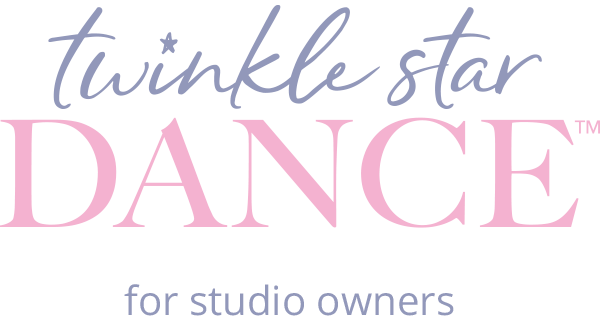As dance educators, you are doing far more than teaching steps and routines. You are shaping brains, hearts, and bodies in ways that last a lifetime. Dance is a uniquely powerful tool for growth because it integrates movement, music, and social connection, making it a multi-sensory positive experience. Here’s how your role as a teacher fuels development across every dimension of a child’s life.
Brain Development and Dance: A Multi-Sensory Brain Boost
Every time your students dance, they are strengthening their brains.
Neural Connections: Dance links movement, rhythm, and memory, creating strong neural pathways that support lifelong learning.
Executive Function & Creativity: From following choreography to improvising, students sharpen planning, flexibility, and creative problem-solving.
Theory of Mind: Performing and working in groups helps dancers understand perspectives outside their own building empathy through movement.
Dance isn’t just art, it’s cognitive training at its finest.
Character Development and Dance: A Shared Social Experience
The studio is a safe and vibrant space where children build essential character strengths:
Perseverance: Every plié, pirouette, or leap is practice in trying again and again until mastery comes.
Bravery: Stepping into the classroom, performing, or learning something new all require courage.
Self-Regulation: Dance teaches listening, patience, and focus all key life skills.
Kindness: From taking turns to encouraging peers, dancers learn cooperation and respect.
Your guidance nurtures not just skilled movers, but strong and compassionate human beings.
Physical Development and Dance: Building Strong Bodies
Dance uniquely supports whole-body development, giving children confidence in their physical abilities.
Flexibility & Balance: Core elements of every class improve posture and agility.
Muscle Development: Repetition builds strength while keeping movement fun and engaging.
Body & Spatial Awareness: Dancers learn to move with control and confidence in any environment.
These skills support not only dance but also play and everyday movement.
Why Dance Teachers Are Essential
As a dance teacher, you are so much more than an instructor of steps. You are a brain builder, a character coach, a fitness leader, and a mentor. Each time you lead a class, you’re giving children an experience that supports their cognitive, emotional, and physical growth while sparking joy through the art of dance.
Never underestimate your impact. You are essential.

